The establishment of the Energy Cybersecurity Incident Response Center (CRISCE) is advancing along the circuit of interministerial regulatory acts, with technical discussions underway with the Labor Ministry, Secretary of State with the Energy Ministry Cristian Busoi said on Thursday, adding that beyond the establishment of the center - which is indeed significant - rigorously enforcing European legislation is vital, as is fostering greater awareness and investment in resilience and cybersecurity to safeguard critical infrastructure.
Addressing the Energy Cybersecurity Forum, Busoi stressed that the new legislation and the requirements to protect critical entities from a cyber perspective do nothing more than prepare the ground for the need for investments, and pointed out that there is a growing awareness that we are in a hybrid war.
"As Chair of the European Parliament's Industry and Energy Committee between 2019 and 2024, I actively participated in the debate and adoption of the NIS II directive and in the regulatory act on the resilience of critical entities. Also, in the new legislation on gas and hydrogen networks, very clear obligations were introduced to protect these entities from the perspective of cyber security. The same goes for the 1999 legislation on electricity networks, the European legislation. Exercises are carried out across Europe to test critical infrastructures, and here energy infrastructure plays a very important role. But all these implementations in national law, all these mandatory entries in registers, the failure to comply with could result in sanctions, (...) all these things can only prepare the ground for the need for investments and the need for concrete action, because we see that the debate related to cyber attacks is getting increasingly intense. (...). At European level we are increasingly aware that we are the target of attacks, we are in a hybrid war, this is no longer about the actions of hackers who want to get their hands on data for ransom. These things happen, yet most of them are not made public," explained the Energy official.
He also cautioned that artificial intelligence helps with cybersecurity efficiency and resilience, but it also helps cybercriminals to be more efficient in their illegal activities, and also warned of the growing phenomenon of state entities attacking critical infrastructures.
The Energy senior official also indicated that it is worrying that we are becoming increasingly dependent on technologies that are produced in China, many of them incorporated in smart devices.
"We have inverters, we have all kinds of devices that can be programmed remotely and, although so far we have no proof (...) that we could have or have been influenced or attacked, I think we must ask ourselves an important question from this point of view as well," he specified.
Busoi mentioned that all the massive investments that are currently being made in the energy sector to lower prices, to increase energy independence and security, both in the nuclear and natural gas fields, or the transport or distribution network, must have an attached component of cyber resilience and extremely solid protection against cyber attacks.
Distributie Energie Electrica Romania organizes on Thursday and Friday in Cluj-Napoca the third edition of the Energy Cyber Security Forum, which brings together important players in the energy and information technology sector.
The event offers companies the opportunity to exhibit their latest technologies, tools and solutions, through stands and presentations, while ensuring a favorable environment for interactive debates on subjects of interest to all participants.

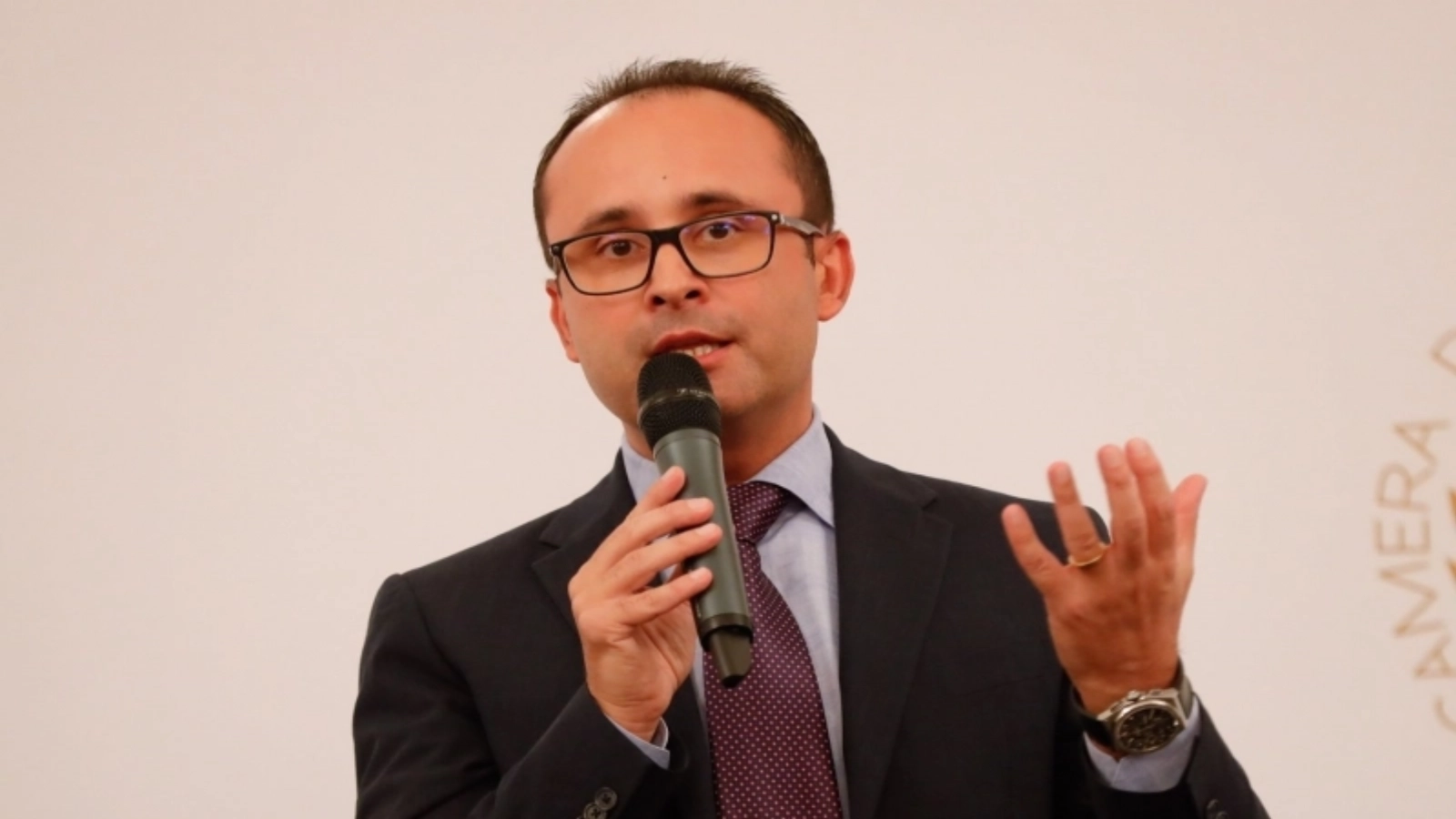





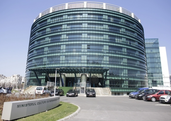


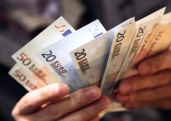

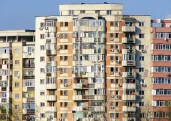







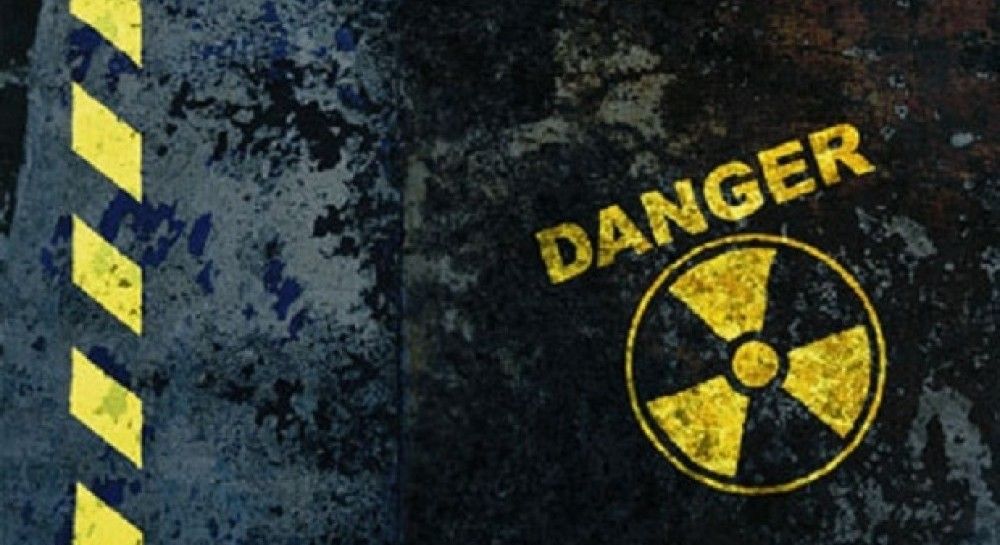

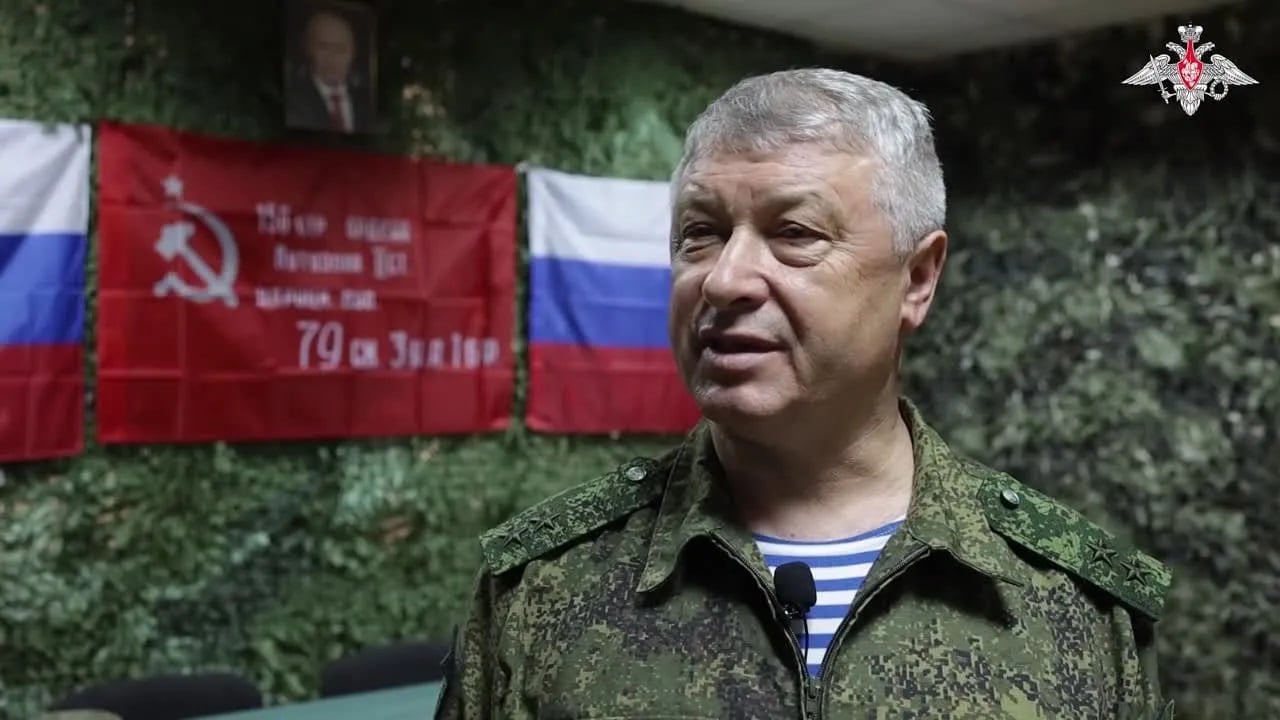
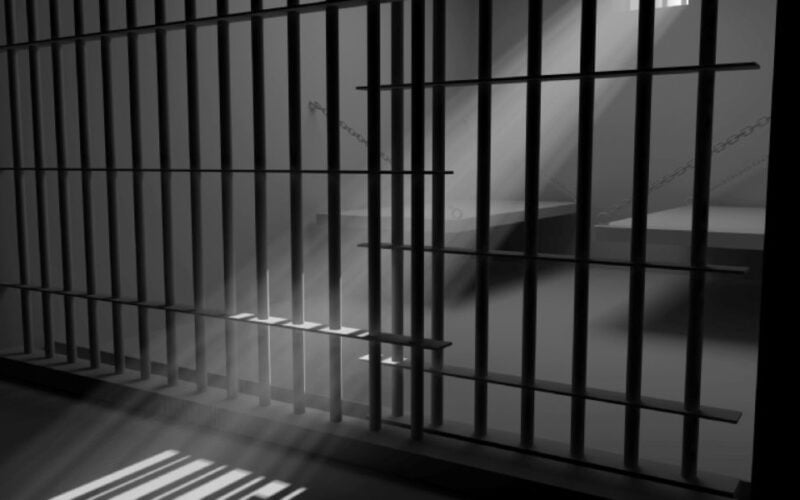
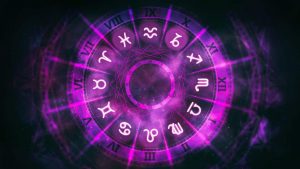



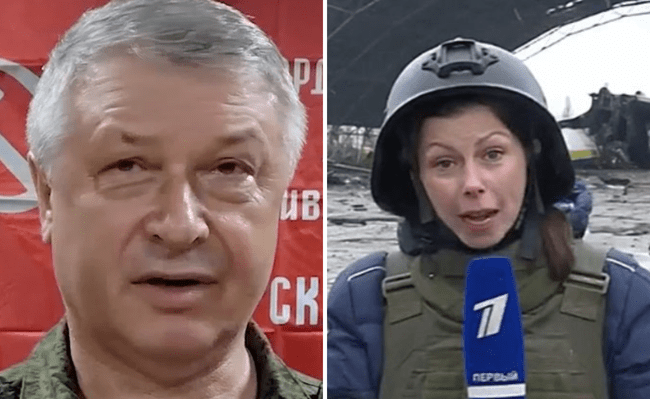



Comentează